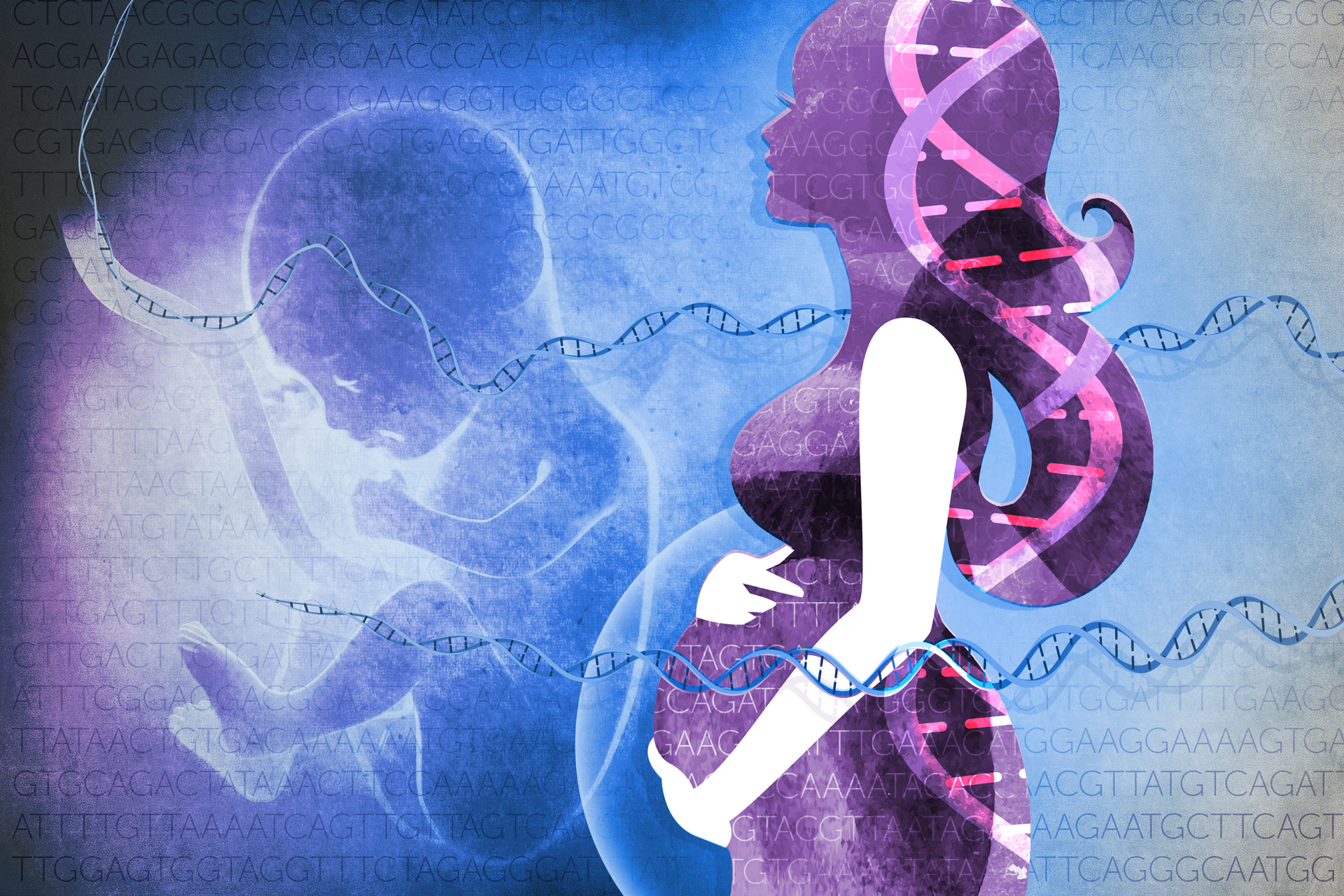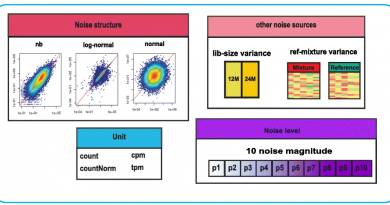New mutations in gene PKD1L1 are associated with disarrangement of human internal organs
Scientists have linked gene PKD1L1 with disarrangement of human internal organs, known as laterality defects, and complex congenital heart disease. This discovery contributes to a better understanding of the genetic causes of this condition and opens the possibility for families carrying the disease genes to have children unaffected by the disease via prenatal or pre-implantation genetic diagnosis.
“This project began when a family was referred to our Baylor Genetics laboratory for prenatal genetic assessment after ultrasound showed complex congenital malformations in the fetus,” said first author Dr. Francesco Vetrini, lead clinical genomics scientist at Baylor Genetics. “The liver and spleen and stomach were in the reverse site of the fetus’ body, and the heart presented with malformations.”

This family was searching for an answer because they already had lost one child with a similar disorder. The researchers used whole exome sequencing to analyze all the genes in the fetus’ genome looking for a genetic cause of the condition.
A variety of genes are already known to cause laterality defects in humans, but the researchers did not find any disease-causing mutations in these genes in the fetus’ samples.
“However, we found a change in a gene called PKD1L1, which until now had not been associated with any disorders in humans. This prompted us to do additional studies to confirm that the newly found mutation was the cause of the condition,” said senior author Dr. Yaping Yang, senior director of Baylor Genetics and associate professor of molecular and human genetics at Baylor College of Medicine.

“The role of PKD1L1 in medical genetics was completely unknown, but it was known to a small circle of developmental biologists who had found that the gene is involved in the right and left positioning of internal organs in the mouse and the medaka fish laboratory models,” said Vetrini. “In these models, the loss of function of PKD1L1 causes characteristics very similar to those observed in our patient.”
The next step was to corroborate that this evidence in animal studies also was associated with laterality and congenital defects in humans. First, the scientists found that the previously deceased brother with the same condition carried the same mutation. In addition, thanks to the collaboration with co-authors Dr. James R. Lupski, Cullen Professor of Molecular and Human Genetics at Baylor, Dr. John W. Belmont, now senior principal medical scientist at Illumina Inc., and other colleagues, the scientists found in the Baylor-Hopkins Center for Mendelian Genomics another family in which one member with similar laterality and congenital heart defects had a different mutation in PKD1L1.
“Using bioinformatics tools and extensive research in databases and literature we showed that the mutations in PKD1L1 we found in both families cause the laterality and congenital heart defects in the patients,” said Vetrini. “Our novel analytical approach to validate the pathogenicity of one of the mutations looked at the genetic change not only in terms of gene-specific evolutionary conservation but also at the effect of the change in the same domain present in functionally and evolutionarily unrelated proteins,” said Vetrini.

Hope for affected families

“I am most excited that our work has provided an answer to the affected families and also the possibility of having an action plan for the future,” said co-author Alicia Braxton, certified genetic counselor at Baylor Genetics. “Now that we do have a diagnosis, the family may be able to avoid having an affected child in the future by doing tests such as pre-implantation genetic diagnosis (PGD) or prenatal diagnosis. PGD is a test done in the laboratory where specialists determine before implantation whether an embryo carries the gene variant that we now know causes the disease in their family. Implanting embryos that do not have the disease-causing variant would allow the family to have a child that is not affected by laterality defects or heart problems caused by variants in this gene.”
“This is a remarkable story of how genomic studies in unique families, and even single patients, can catalyze gene discovery efforts and in the process help many other families and doctors struggling with a medical mystery,” said Lupski.
“This work has been the result of strong collaborations among physicians, geneticists, genetic counselors, patients and their families,” said Yang. “Thanks to our research we now know that this gene is associated with this disorder. We can now use this information to counsel other families that might be affected by these gene.”
The study appears in the American Journal of Human Genetics.
###
Other contributors to this work include Lisa C.A. D’Alessandro, Zeynep C. Akdemir, Mahshid S. Azamian, Mohammad K. Eldomery, Kathryn Miller, Chelsea Kois, Virginia Sack, Natasha Shur, Asha Rijhsinghani, Jignesh Chandarana, Yan Ding, Judy Holtzman, Shalini N. Jhangiani, Donna M. Muzny, Richard A. Gibbs, Christine M. Eng, Neil A. Hanchard, Tamar Harel and Jill A. Rosenfeld. The authors are affiliated with one or more of the following institutions: Baylor Genetics, Texas Children’s Hospital, Baylor College of Medicine, Albany Medical Center and Kaiser Permanente Medical Group.
The study was supported in part by the US National Human Genome Research Institute (NHGRI)/National Heart Lung and Blood Institute (NHLBI) grant no. U54HG006542 to the Baylor-Hopkins Center for Mendelian Genomics, and the NIH/NIGMS T32 GM07526 Medical Genetics Research Fellowship Program.



